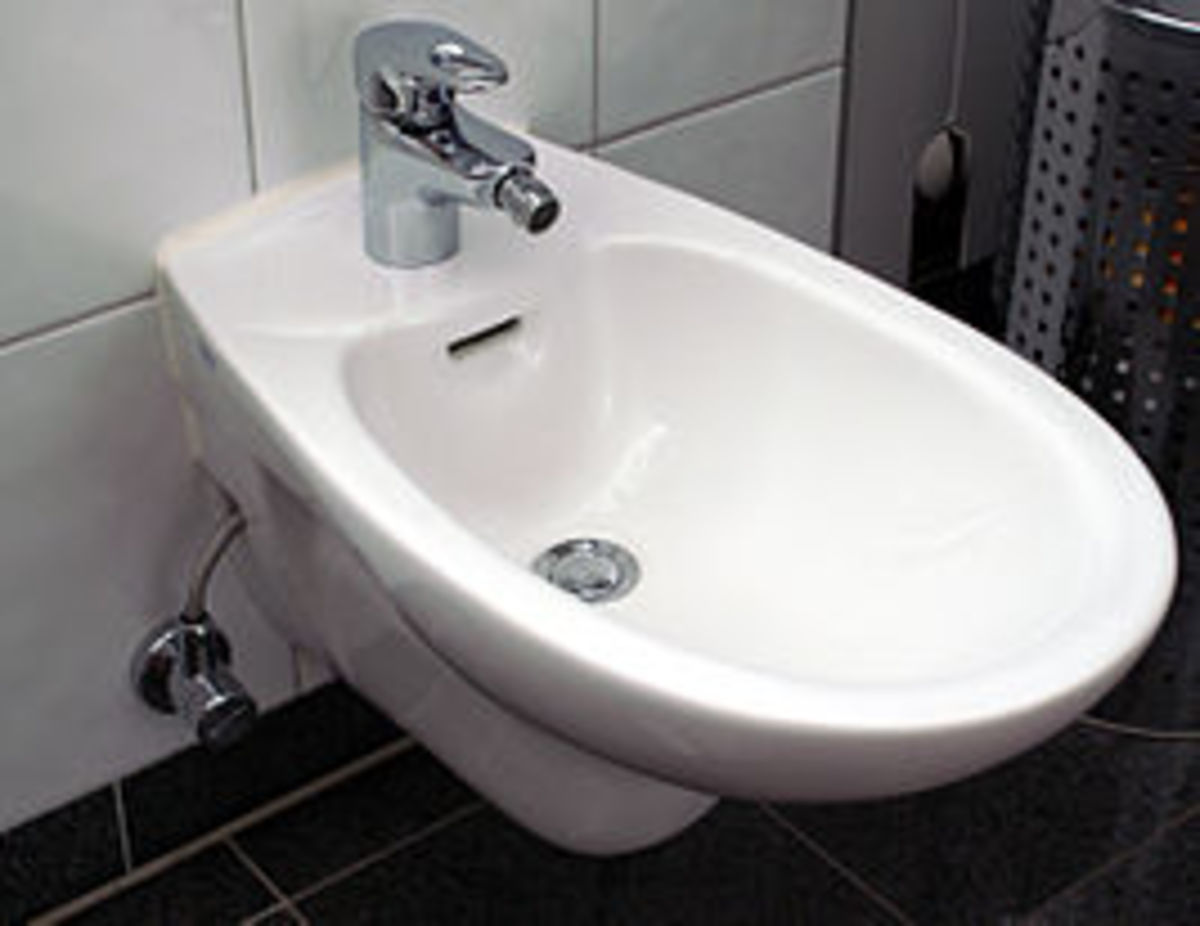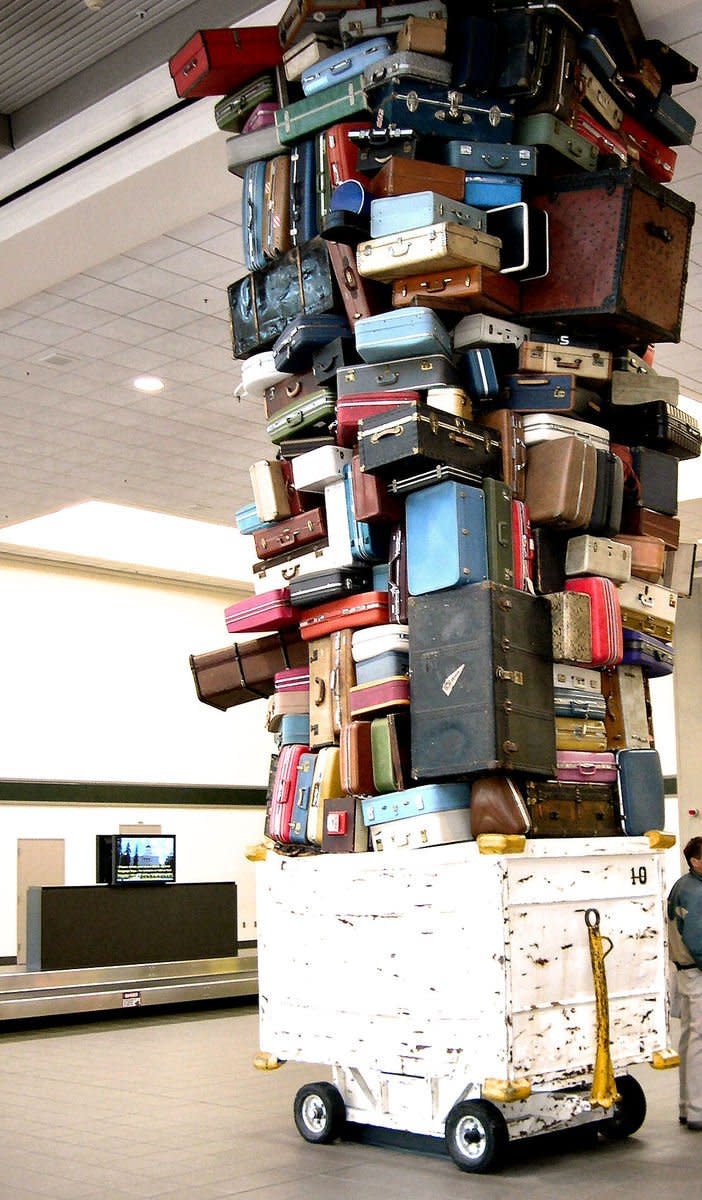- HubPages»
- Travel and Places»
- Travel Tips & Preparation»
- Special Tips for Travel
Living Abroad with a Disability

Who hasn’t dreamed of sipping coffee in Vienna, ordering crepes in Paris, strolling along the Great Wall of China or hiking to the foothills of Machu Picchu? Living abroad can open your eyes and provide opportunities to experiences you can only dream of. Gearing up for the transition to move from your home to a foreign country in a permanent or long term capacity brings a whole host of challenges. For people with disabilities, planning for and adjusting to life abroad can bring a whole new set of questions and concerns. Below are tips to make living abroad a smooth adjustment for people with disabilities.
Your Social Security Benefits
If you are planning to go abroad or live in another country for an extended period of time and are currently receiving disability benefits, make sure to look into the rules and regulations to see if you will still receive payments or will even be eligible once you move out of the country. Often, different disability benefits programs depend upon whether or not you are a US citizen.
Medicare and Medicaid – typically Medicare and Medicaid do not provide coverage or payments outside of the U.S. or US territories.
-
State Disability Benefits – most likely will terminate once you move out of the State.
-
Food Stamps – Food stamp assistance is not available outside of the US.
-
Social Security and SSI/SSDI – Most US citizens will still have rights to receive benefits from Social Security. Depending on the country you move to, rules around payments may change. SSI benefits however will likely stop if you move outside of the US. Go to ssa.gov to find out all the information about your payments when you are traveling or living abroad. Make sure to find out if there is also a deadline for how long you will continue to receive benefits.
Once you look into your payments and find out how much or if they will continue when you move outside of the US, make sure you have a financial plan in place to cover all of your travel and living expenses once you are settled in your new home.

Your Health
Before you plan for an extended travel or permanent move outside of your home country, it is important to ensure your health is cleared for travel with your primary doctor. If your doctor gives you a clean bill of health, below are some additional health related concerns to think about before you leave:
-
Your prescriptions – will you be able to get your same prescriptions overseas? If not, is there a generic version that is available? It’s not a bad idea to ask your doctor if the alternative brand name provided by the country you are moving to is FDA cleared or has the stamp of approval of an equivalent medical administration in your new country. Pack as much extra as you are allowed to carry / import into your new country so you have a reserve when you get there while you try to get established with a new pharmacy.
-
Your equipment – if you use a wheelchair, walker, mobility equipment or other health related equipment, ask your doctor for a letter on official letterhead and with a signature that explains everything you use for every day life and why you need it. If possible, have it translated into the language of your destination country so you can take it with you to future medical appointments.
-
Establish a new primary care physician – ask your current US based physician if he/she can recommend a provider or health care facility in your new country. Many doctors have wide professional networks and can recommend someone or what to look for in your new provider.
-
Find out if your current medical insurance will cover you if you are overseas. If you are going to be working in your new country, make sure you get educated before you leave about what types of things you new plan will cover. Consider purchasing supplemental insurance if there are gaps that are not covered.
-
Electricity converters – often outlets in countries outside of the US use different voltage, so purchase converters before you leave, especially if you are taking your own medical equipment with you that needs to be plugged in.
What's your biggest concern traveling / living abroad?
Find Support
While living abroad, it’s important to have a close group of people you can rely on in case of emergency and for social support both in your new country and back home.
-
Establish a new support system
Groups like Mobility International USA can help you plan your travel and provide resources for finding in country groups of other people with disabilities to connect with in your new country.
Once you have met some new people, have honest conversations with those you feel closest to and ask them if they would be willing to be your emergency contact in case you need medical or social support and the best way to get a hold of them.
-
Have a good support system back home
Having a good group of friends and family back home to share your new experiences as well as your struggles with is just as important as having a group of people you can rely on to send you medical supplies if you run low or contact your physicians or other contacts.

Steps, cobblestone, accessibility oh my!
While you might have your heart set on the new location for your home abroad, thoroughly do your research before you make the commitment. Countries outside the US do not have the Americans with Disabilities Act and unfortunately that can mean a much lower standard of public accessibility in other countries.
Wheelchair ramps may be narrow or non-existent, push button doors might be a luxury, apartments or homes may be hard to find with ground level entry or with elevators, etc. Accessibility laws and standards vary widely throughout the world so know what you are getting into before you get there.
Remember, even if you visited a country before, living there day to day can be completely different. Some areas of accessibility to carefully consider and research include:
-
Housing – are there apartments or homes in your price range that offer accessibility to fit your needs? Can you do home improvements or request landlord improvements if necessary?
-
Your neighborhood – is your new neighborhood disability friendly? Can you navigate uneven terrain by yourself? Will you require a personal assistant to come to your home?
-
The grocery store – outdoor markets are often popular in many countries around the world. How will you navigate the market and crowds? Do you have someone who can accompany you? Will you bring your own bag to help carry your food? Can you get to and from the market and can you enter and exit with ease?
-
Your workplace – if you are going to be working in your new country, ask your new boss or coworkers to carefully describe your workplace before you get there. If something doesn’t sound like it will work (i.e. your new office is on the 3rd floor but there is no elevator), put in a request for a reasonable accommodation.
-
Public buildings – can you easily get to the post office, doctor’s office, library, pharmacy, university, etc. from your new home or apartment? Check out your new neighborhood. If you have an in country contact, ask if they can check out your neighborhood or potential neighborhoods to give you a better idea of what to expect when you get there. Google Maps is a great resource to zoom in and get a bird’s eye view of streets that may potentially surround your new home.
Check out this video to see how one wheelchair user navigates cobblestones while traveling:
Getting to and fro
Just like accessibility standards, transportation standards abroad can vary greatly from country to country. While we enjoy luxuries like ramps on public buses, wheelchair accessible taxi services, and public transportation services in the US, these may be few and far between in your new country.
Again, do your research ahead of time. The transportation you may have taken while visiting your new country in the past might not be practical for everyday use. Do price comparisons of costs. While the metro may be cheaper, the buses may be more accessible and convenient to use if you will be going to and from work every day. Weigh the options and find out which mode of transportation will meet both your physical needs and be easy on your pocketbook.
Are you a person with a disability who lives or who has lived abroad? What were some lessons you learned before you arrived in your new country that you would advise newcomers to look into?
Are you currently a student or someone with a disability preparing to stay abroad for an extended period of time? What other concerns or issues are you looking into or working on before you make the move? Share in the comments!








